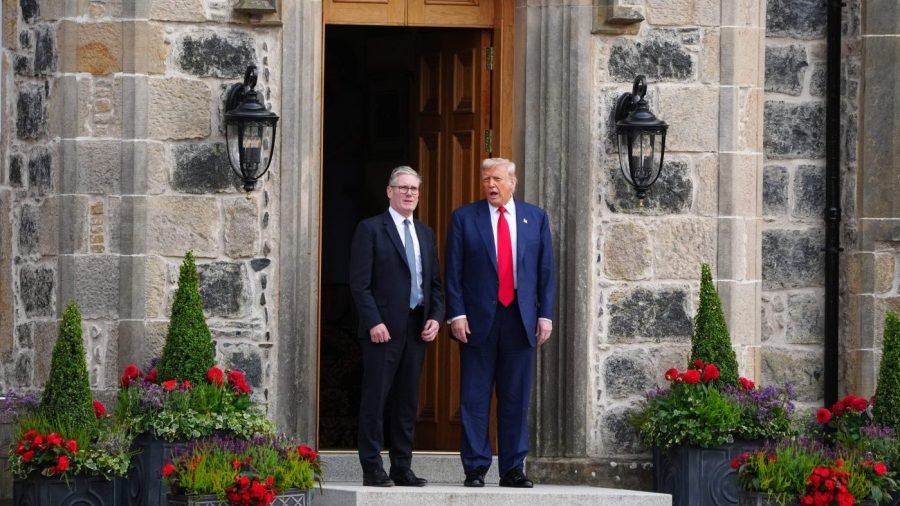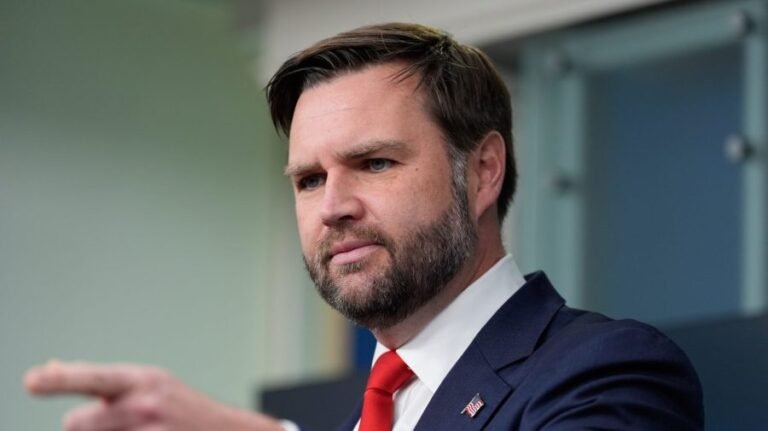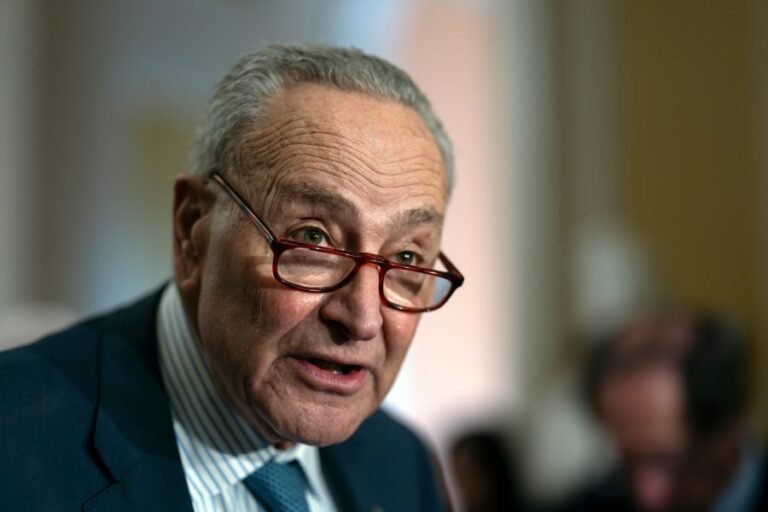
Related Video – Trump Had ‘Great Show Of Strength’ In Meetings With European Leaders: Cuomo | NEWSNATION
Anyone who works in British foreign policy knows that we talk about “the special relationship” with the U.S. infinitely more than Americans do. But there is a straightforward reason: it really matters to us.
It is not just an emotional response, nor an attempt to cling to great-power status. Those are lazy and only partial explanations.
The International Relations and Defence Committee in the House of Lords is currently conducting an inquiry into the U.K.’s future relationship with the U.S. In the evidence I submitted, I said very clearly that the U.S. is Britain’s most important bilateral ally, in terms of trade, defense, intelligence, diplomacy and myriad cultural and historical connections.
But that relationship is always evolving. What Socrates said about the unexamined life applies just as well to unexamined policy assumptions — and in international affairs particularly, nothing is unchanging.
The Coalition for Global Prosperity is a nonpartisan group launched in 2018 by former Prime Minister David Cameron and ex-Defence Secretary Penny Mordaunt. It argues for three inseparable pillars in British foreign and security policy: an effective development budget, active diplomacy and a strong defense strategy.
Last month, it published a report titled “Transatlantic Ties: U.K.-U.S. Relations to 2045,” which examines the changing political landscape and proposing ways for the U.K. to strengthen and renew the alliance. (Full disclosure: I was recently appointed senior fellow for national security at the group, but I took the position after the report had been written and had no involvement in its content.)
Donald Trump’s return to the presidency has shifted U.K.-U.S. relations in ways that have sometimes been uncomfortable for Britain, and which have put new strain on the relationship between our two countries. The report acknowledges that Britain needs to increase its defense expenditure and footprint as part of a fairer burden-sharing. London also has to appreciate Washington’s very different perspectives on matters like trade and tariffs, Ukraine and international aid. Disagreements will remain, but they can be managed, provided they are properly understood.
Underpinning the report’s recommendations is what Alexander Stubb, the president of Finland, recently described as a “reverse-Kennedy” in the age of Trump. European nations should “ask not what the Americans can do for you, ask what you can do for America.” This does not mean accepting any kind of military or diplomatic vassalage, but identifying areas of common interest where the U.K. can use its particular influence or capabilities for mutual benefit.
The report recommends that, while the British government must meet the new NATO defense spending target, it should go further and show leadership, setting out a concrete plan for increasing expenditure on core defense commitments to 3.5 percent of GDP by 2030, well in advance of the agreed upon 2035. No one seriously doubts that the British armed forces need this kind of investment, but putting ourselves ahead of the curve would make a powerful statement of intent to partners and adversaries alike.
America’s focus on China as the principal threat to its interests over the coming decades is shaping policy across the board, shifting the strategic focus towards the Indo-Pacific. China presents itself as an alternative ally and patron for smaller nations — think of the Belt-and-Road Initiative and Chinese-sponsored maritime facilities in Cambodia, Peru and Sri Lanka.
The report urges the U.K. to do much more to challenge this narrative, highlighting China’s human rights abuses, repression and self-interest. The U.K. is well placed in this respect because of its membership in so many overlapping forums, including the United Nations, NATO, the G7, the Council of Europe, the Organization for Security and Co-operation in Europe, the Organization for Economic Co-operation and Development, the World Trade Organization and the Commonwealth.
The other recommendations concern what are called “minilateral” organizations, combinations of a small number of countries to achieve specific, limited objectives.
There are several areas in which this approach offers real opportunities: Pillar Two of the tripartite AUKUS agreement, on research, development and production of new technologies; the Joint Expeditionary Force, the U.K.-led alliance of 10 European states that provides rapid response and expeditionary capability in the Baltic and the Arctic region; a proposal to develop a U.S.-U.K.-led minilateral group for “a radical rethink about priorities and mechanisms of development.”
There are two fundamental messages underpinning this. The transatlantic relationship has brought huge benefits to both countries. The U.K. cannot assume it will endure through the simple momentum of history, but it can work to strengthen and renew the relationship through specific, discrete projects that will yield tangible benefits for both countries.
This would include an increase in defense spending; taking a harder public line on China; proving how AUKUS can deliver even more for its participants; and inviting U.S. observers to Joint Expeditionary Force summits, so they can see what Europe is doing independently to strengthen its security.
Yes, Trump is transactional and wants to see how America gains from every situation. The U.K. has to be focused on issues where it can deliver. If that sounds less elevated and more businesslike than the Atlantic Charter or the emotional bond of the Reagan-Thatcher years, it is only a reflection of a new reality.
Eliot Wilson is a freelance writer on politics and international affairs and the co-founder of Pivot Point Group. He was senior official in the U.K. House of Commons from 2005 to 2016, including serving as a clerk of the Defence Committee and secretary of the U.K. delegation to the NATO Parliamentary Assembly.







